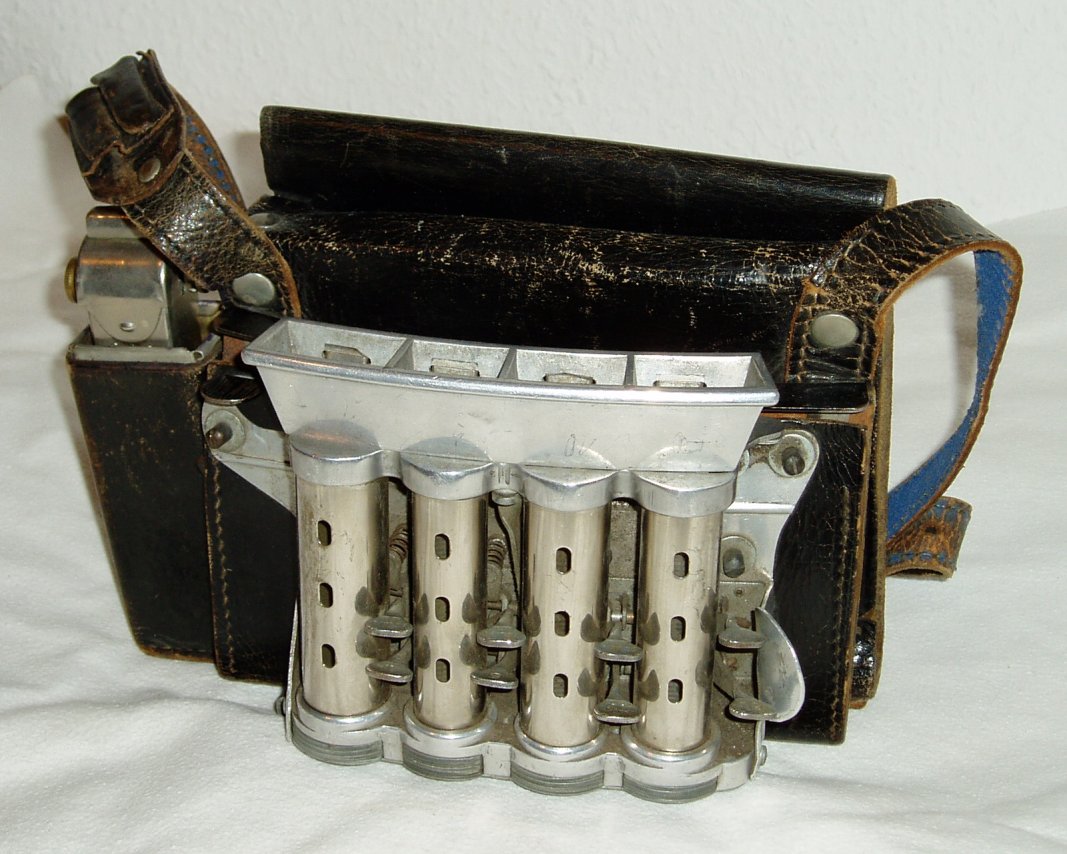
Mediation When It’s All About The Money
April 22, 2008
[Image: a conductor\’s bag with a money changer, by LosHawlos, June 17, 2005]
Most mediators are attracted to the field by a belief in the effectiveness of interest based negotiation and the power that it holds for resolving disputes through mediation. As most clearly articulated by Roger Fisher and William Ury in Getting To Yes, and embodied in our modern business lexicon as the “win-win solution,” the search for resolutions that creatively address the parties\’ true interests is the essence of today\’s mediation training and practice. It is thus with great reluctance that many mediators confront and respond to the notion that some disputes really are about money, and nothing but money.
Attorney and mediator J. Anderson (“Andy”) Little, author of the book Making Money Talk: How to Mediate Insured Claims and Other Monetary Disputes, urges mediators not to cringe at the thought of mediating a purely monetary dispute. As he sees it, mediators who limit their role in such cases to that of a messenger between the parties are selling themselves short, and doing the parties a disservice. Having read Mr. Little\’s book, I was even more persuaded by his presentation at the ABA Section of Dispute Resolution Spring Conference in Seattle entitled “Negotiating By The Numbers.”
Before getting into what mediators can do in such cases, let me say that Mr. Little does not accept the premise of many attorneys coming into mediation that every case is only about money. Although I hear this from one of the attorneys at some point in almost every mediation, it is not usually true. In most healthcare disputes that are ripe for mediation, the parties have interests at stake other than money, or which cannot easily be reduced to a specific dollar demand. It usually takes some time and effort to uncover or get the parties to value their non-monetary interests, but they are there nonetheless.
Assuming the parties really have no interest at stake other than how much money one of them will have to push across the table to the other, the mediator can still play a vital role in the process. Making Money Talk explains these concepts much more fully and eloquently, but as a mediator, my “take aways” from Mr. Little\’s presentation were as follows:
1- If you have a “money only” case, embrace your role, and work as hard at the mediation process as you would in the most complex interest-based scenario.
2- Be prepared to use “reality testing” and other “evaluative” techniques to help each party and their counsel to get on the same page, and to enable the formulation of effective offers and counter-offers.
3- Be aware of the effect that particular monetary offers and counter-offers can have on the negotiation process, and coach the parties to formulate and time their offers to send the signals that they really intend the other party to receive.
4- Every “money only” mediation has two parts, the first to get the parties to their “best numbers,” and the second to close the distance between their “best numbers.” How well the mediator performs tasks 1, 2 and 3 above will determine whether and when the parties get to the point that they need only close the final gap.
Andy Little\’s ideas filled a void in my mediator\’s toolbox. It caused me to rethink the “money only” case. Ironically, I also realized that when used in combination with more traditional mediation concepts, the art of helping to move money across the table can help settle almost any case.
